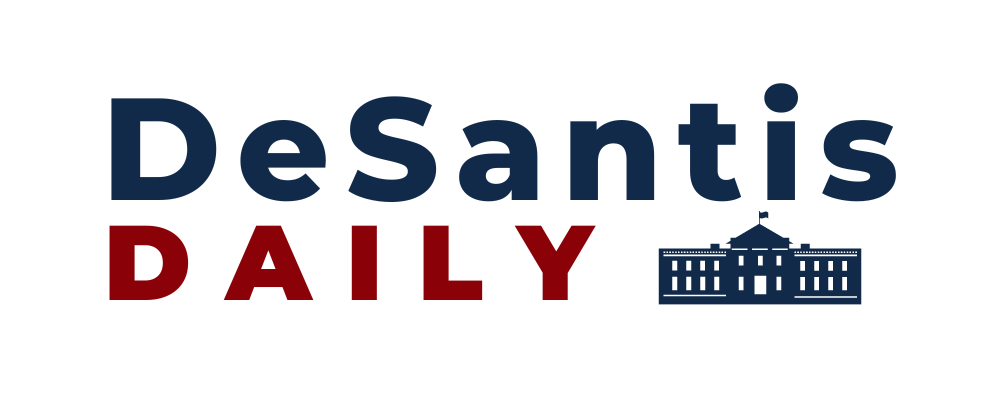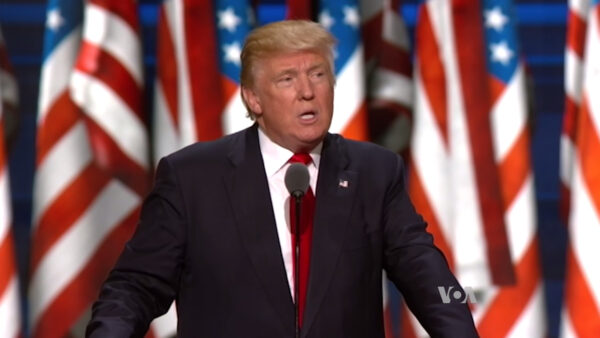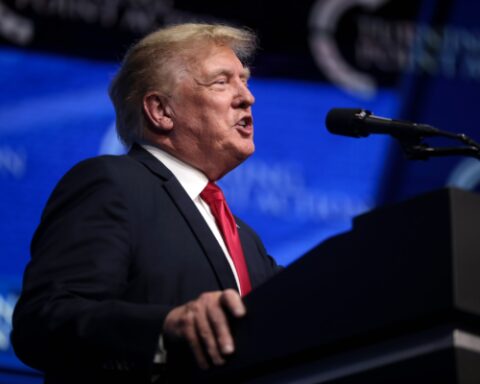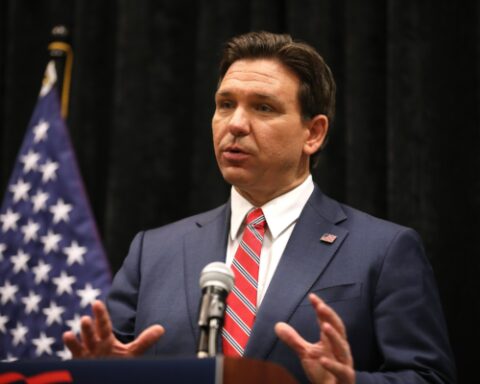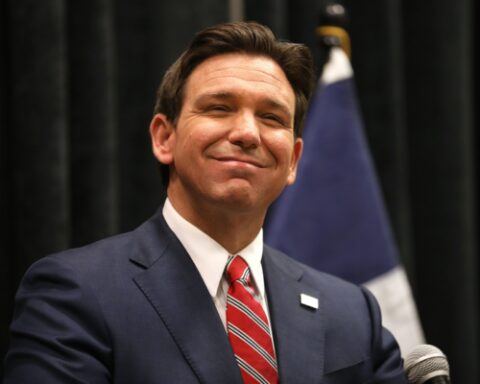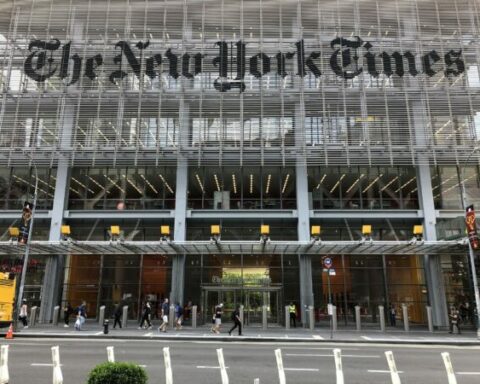The Trump administration on Tuesday took a significant step in reshaping U.S. engagement in the Middle East, formally designating Saudi Arabia a major non-NATO ally.
The move, announced during Saudi Crown Prince Mohammed bin Salman’s visit to the White House, signals a renewed emphasis on economic and military cooperation between Washington and Riyadh after years of strained relations.
Although the crown prince’s visit did not carry the formal status of a state visit — his father remains the official head of state — it was marked by the ceremonial weight typically reserved for close American partners. Standing alongside Prince Mohammed, President Donald Trump emphasized the importance of elevating the security partnership.
“We’re taking our military cooperation to even greater heights by formally designating Saudi Arabia as a major non-NATO ally, which is something that is very important to them,” Trump said. He added that the two governments had just signed a “historic strategic defense agreement,” underscoring a shared interest in confronting regional challenges.
The announcement followed Trump’s statement a day earlier that he intends to approve Saudi Arabia’s request to purchase F-35 stealth fighter jets, among the United States’ most advanced military aircraft. “I am planning on doing that,” the president said. “They want to buy them. They’ve been a great ally.”
For Saudi Arabia, the deepening partnership is not merely symbolic. Earlier in the day, Prince Mohammed pledged to increase the kingdom’s investment in the United States from $600 billion to “almost $1 trillion,” a level that would approach the entire value of Saudi Arabia’s sovereign wealth fund, according to The New York Times. The crown prince framed the expanded investment as a commitment to long-term economic integration with the United States.
Trump’s decision to strengthen ties with Riyadh marks a deliberate shift from the Biden administration’s approach, which had sought distance over the killing of journalist Jamal Khashoggi and other controversies. The Trump administration has instead prioritized cooperation with the Saudis on issues ranging from energy production to regional diplomacy, particularly the Abraham Accords — a signature achievement of Trump’s first term.
Saudi Arabia has indicated interest in joining the accords and normalizing relations with Israel, though the kingdom has made clear that it would require a credible pathway toward a two-state solution with the Palestinians before taking such a step. Even so, Riyadh worked alongside other Arab states to support the Trump-brokered ceasefire agreement between Israel and Hamas, an arrangement that, if maintained, could lay groundwork for ending the Gaza conflict and outline parameters for a future Palestinian state.
Still, some analysts have raised concerns about the implications of expanding military cooperation, especially the potential sale of F-35 jets. Critics point to Saudi Arabia’s defense ties with China and warn that sharing highly sensitive U.S. technology might risk unintended exposure to Beijing. Despite those cautions, the administration has argued that bolstering strategic ties with Riyadh is essential to maintaining stability and countering adversaries in a region where American influence remains pivotal.
[READ MORE: Greene’s Split With Trump Deepens as She Shifts Away From Fox News]
